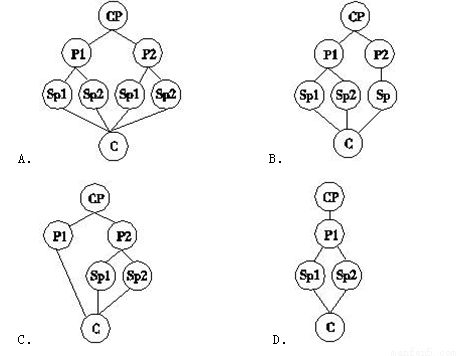0 133550 133558 133564 133568 133574 133576 133580 133586 133588 133594 133600 133604 133606 133610 133616 133618 133624 133628 133630 133634 133636 133640 133642 133644 133645 133646 133648 133649 133650 133652 133654 133658 133660 133664 133666 133670 133676 133678 133684 133688 133690 133694 133700 133706 133708 133714 133718 133720 133726 133730 133736 133744 151629
